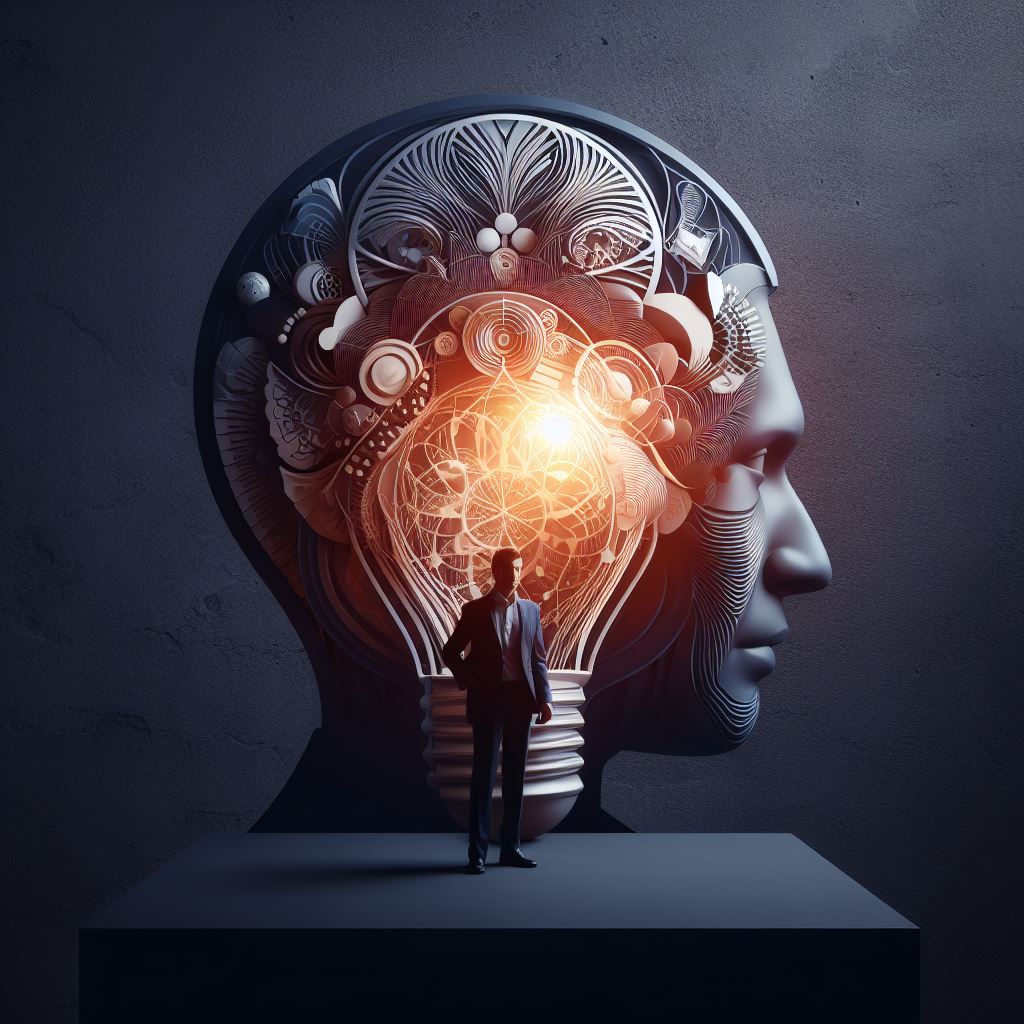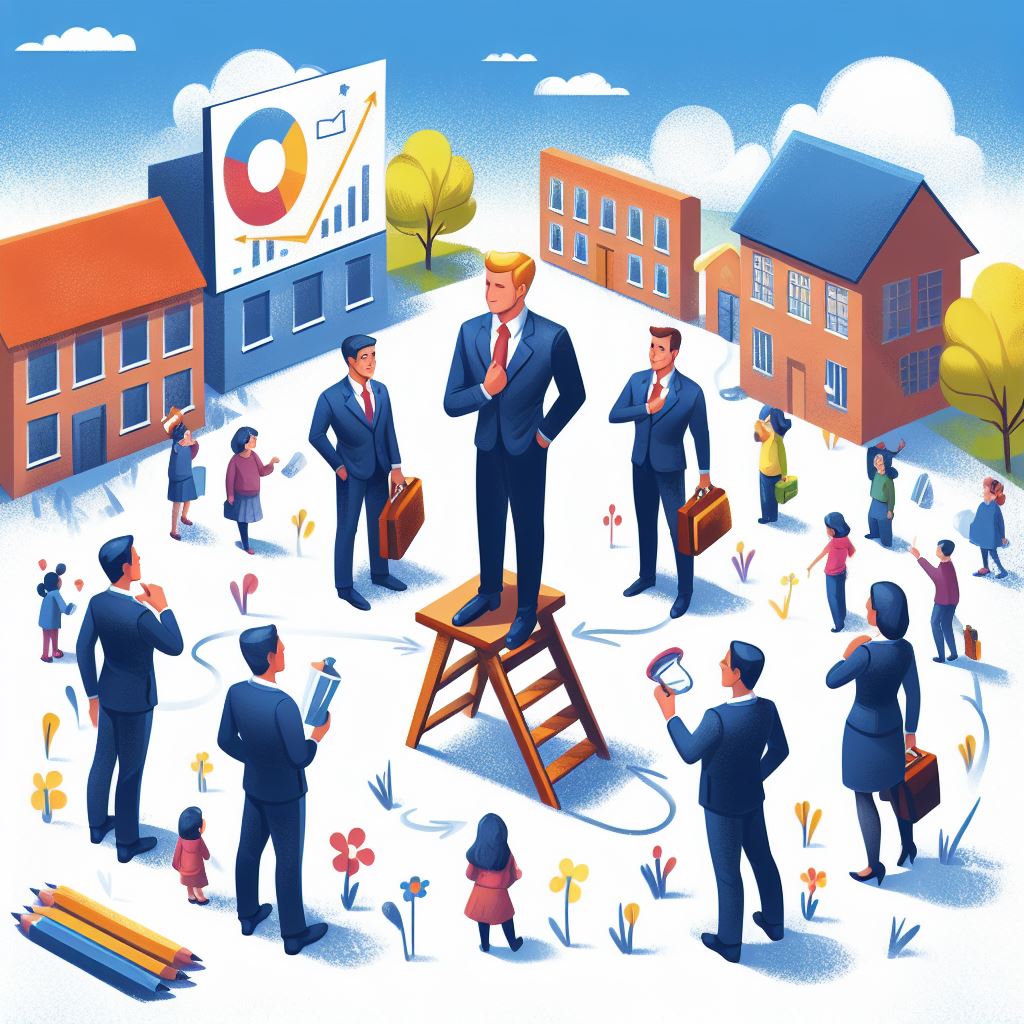Mahatma Gandhi Quotes on Leadership
I suppose leadership at one time meant muscles but today it means getting along with people.
By: Mahatma Gandhi
The Evolution of Leadership
Leadership has undergone a profound transformation over the centuries. There was a time when leadership was synonymous with physical strength and the ability to conquer. It was about the muscle, the might, and the power to subdue. However, as societies evolved and complexities grew, the essence of leadership shifted. Today, leadership is less about physical prowess and more about the capacity to connect, understand, and work collaboratively with others.

This shift in the paradigm of leadership reflects a deeper understanding of what it means to lead in the modern world. It’s no longer just about being at the front, leading the charge, or being the loudest voice in the room. It’s about fostering relationships, building teams, and creating environments where people can thrive and contribute to a collective goal.
Understanding Modern Leadership
In the contemporary landscape, a leader is someone who listens more than they speak, someone who values the input of their team, and someone who is able to inspire and motivate through empathy and understanding. This type of leadership requires a different set of muscles – emotional intelligence, communication skills, and the ability to delegate and empower.

Emotional intelligence is the cornerstone of modern leadership. It’s the ability to be aware of, control, and express one’s emotions, and to handle interpersonal relationships judiciously and empathetically. This skill allows leaders to connect with their team members on a human level, which is essential for building trust and loyalty.
Communication skills are also vital. A leader must be able to convey their vision and goals clearly and persuasively. But communication is a two-way street; it’s just as important for leaders to be great listeners. This ensures that they are in tune with the needs and concerns of their team, and can address issues before they become problems.
Delegation and empowerment are about recognizing the strengths of each team member and trusting them to take ownership of their responsibilities. This not only increases productivity but also helps team members feel valued and invested in the success of the project or organization.
Leadership in Action

Consider a school project where a group of students must work together to achieve a common goal. The student who steps up to lead the group doesn’t need to be the strongest or the most dominant personality. Instead, they need to be the one who can bring out the best in their peers, who can coordinate efforts, and who can navigate the group through challenges with patience and understanding.
Similarly, in the workplace, a manager doesn’t lead by dictating every action but by setting clear goals, providing the necessary resources, and then stepping back to let their team do what they do best. This approach not only yields better results but also fosters a positive work environment where employees feel respected and motivated.
Building Leadership Skills

Developing the skills necessary for modern leadership doesn’t happen overnight. It requires a conscious effort to grow and learn. Here are some ways to build leadership skills:
- Seek Feedback: Regularly ask for feedback from peers, mentors, and team members. This will help you understand how your actions and decisions are perceived and what areas you need to improve.
- Practice Active Listening: Make a concerted effort to listen more than you speak. Pay attention to what others are saying and ask questions to clarify and deepen your understanding.
- Empower Others: Give your team members autonomy and authority over their work. This shows trust and respect, and it encourages them to take initiative and be accountable.
- Work on Emotional Intelligence: Be mindful of your emotions and how they affect others. Practice empathy by trying to see situations from others’ perspectives.
- Learn to Resolve Conflicts: Develop strategies for managing and resolving conflicts within your team in a way that is constructive and respectful.

By focusing on these areas, anyone can develop the skills necessary to be an effective leader in today’s world.
Leadership for All Ages
Leadership is not confined to the boardroom or the battlefield; it’s a skill that can be cultivated and applied at any age and in any situation. For the younger age working on a group project, the principles of modern leadership are just as relevant as they are for the CEO of a multinational corporation.
Young people can practice leadership by taking on roles in student government, organizing community events, or even leading a study group. These experiences provide a foundation for the development of leadership skills that will serve them throughout their lives.
For adults, leadership might mean guiding a team at work, coaching a sports team, or volunteering for a nonprofit organization. In each of these roles, the ability to get along with people, to inspire and motivate, and to foster a collaborative environment is key to success.
Leadership is a Journey
Leadership is not a destination but a journey of continuous learning and growth. It’s about adapting to new challenges, refining your approach, and always striving to be better.

Whether you’re a student, a professional, or simply someone who wants to make a positive impact in your community, embracing the modern concept of leadership can help you achieve your goals and inspire others to do the same.
Remember, muscles may have defined leadership in the past, but today, it’s about getting along with people. It’s about building bridges, not walls. It’s about collaboration, not domination. And it’s about leading with heart, not just with hands.
FAQs about Leadership
- What is the most important quality of a modern leader?The most important quality of a modern leader is emotional intelligence, which includes the ability to understand and manage one’s own emotions, as well as the emotions of others.
- Can leadership skills be learned?Yes, leadership skills can be learned and developed through practice, feedback, and a willingness to grow and adapt.
- How does a leader build trust within their team?A leader builds trust by being consistent, reliable, open, and honest. Trust is also built through active listening, empathy, and by showing respect for team members’ ideas and contributions.
- Why is delegation important in leadership?Delegation is important because it empowers team members, builds trust, and allows the leader to focus on higher-level tasks. It also helps in the development of team members’ skills and confidence.
- How can young people practice leadership?Young people can practice leadership by taking on roles in student organizations, participating in community service, leading group projects, and seeking out mentorship and leadership training opportunities.
- What role does communication play in leadership?Communication is crucial in leadership as it is the means by which leaders convey their vision, set expectations, provide feedback, and listen to and understand the needs of their team members.
- Is it important for a leader to be liked by their team?While being liked is not a necessity, it is important for a leader to be respected. Respect often comes from being fair, transparent, and supportive, which can also lead to being liked.
- How can a leader motivate their team?A leader can motivate their team by setting clear goals, providing recognition and rewards, creating a positive work environment, and ensuring that team members feel their work is meaningful and valued.
- What is the difference between a boss and a leader?A boss typically commands and controls, while a leader inspires and empowers. Leaders focus on guiding and developing their team rather than just overseeing their work.
- How does a leader handle failure?A leader handles failure by learning from it, encouraging a culture where it’s safe to take calculated risks, and viewing setbacks as opportunities for growth and improvement.
Leadership is an art that evolves with time and society. It’s a blend of innate traits and learned skills, shaped by experience and the willingness to adapt. As we continue to navigate a world that values connection and collaboration, the leaders who emerge will be those who understand that true strength lies in their ability to get along with people and unite them towards a common purpose. This is the leadership that inspires, transforms, and endures.




